How gratitude impacts mental health in midlife
In midlife pleasure and gratitude are intrinsically linked. It’s so easy to focus on the negatives of menopause, which can lead to negative thought spirals and self criticism (the ultimate pleasure blocks). The phrase gratitude is thrown about on social media frequently, is it just a trend full of platitudes and empty inspirational quotes, or is there more to it?
Cultivating a gratitude practice has actually proven to boost midlife mental health and allow us to have a more pleasurable menopause experience. So gratitude isn't just a feel-good sentiment; it's backed by a growing body of research that reveals its profound impact on mental health. It’s important that rather than just taking someone’s word for it, we understand the science behind the link, so here's a closer look at the evidence behind gratitude's benefits:
Neurochemical Shifts:
Increased dopamine and serotonin: Gratitude activates brain regions associated with reward and pleasure, leading to increased levels of dopamine and serotonin, neurotransmitters linked to happiness and well-being.
Reduced stress hormones: When we practice gratitude, our stress hormone levels, such as cortisol, decrease. This can lead to lower anxiety, improved mood, and better sleep.
Enhanced neuroplasticity: Gratitude can actually change the brain's structure! Regular practice strengthens neural connections in areas associated with positive emotions and self-compassion.
Psychological Mechanisms:
Positive reframing: Gratitude encourages us to shift our focus from what we lack to what we have. This positive reframing can significantly improve our overall outlook and reduce negative emotions like envy and resentment.
Increased self-esteem: Recognizing and appreciating the good things in our lives, including our own strengths and accomplishments, boosts our self-esteem and confidence.
Stronger social bonds: Expressing gratitude to others strengthens our relationships and fosters a sense of community and belonging. This social connection is vital for mental well-being.
Physical Health Benefits:
Improved sleep: Gratitude's calming effect can lead to better sleep quality, reducing stress and promoting overall physical health.
Boosted immunity: Studies suggest that gratitude can even enhance our immune system function, making us more resilient to illness.
Reduced pain perception: Research shows that gratitude can lower our sensitivity to pain, making it easier to cope with chronic conditions (and menopause symptoms).
Types of Gratitude Practices:
Keeping a gratitude journal: Regularly writing down things you're grateful for is a powerful way to cultivate this mindset.
Practicing mindfulness: Taking time to appreciate the present moment, both big and small, can enhance your sense of gratitude.
Expressing gratitude to others: Thanking others, both verbally and in writing, strengthens relationships and boosts your own happiness.
If your curious about cultivating a gratitude practice to boost your receptiveness to pleasure but are unsure of where to start, try a daily gratitude journalling practice. It doesn’t need to be time consuming just a simple 5 mintutes a day will do. Here’s how:
Find a quiet space, make your favourite drink and pull out a dedicated journal and pen.
Start small and simple, this doesn’t need to be complicated. Begin with just 3 things you're grateful for, that day even if they seem trivial: the warmth of the sun on your skin, or even a delicious cup of coffee.
Embrace the "everyday magic": Don't wait for perfection. Focus on the little moments that make your heart sing: a child's hug, a blooming flower, the sound of rain on your roof.
Get specific: Instead of a generic "grateful for my health," delve deeper. Did you conquer a workout? Perfect a yoga pose? Celebrate those victories!
Go beyond the tangible: Gratitude isn't just about material things. Appreciate your strengths, your resilience, your ability to find humour in situations.
Make it a habit: Consistency is key! Pick a time that works for you, be it first thing in the morning or before you drift off to sleep.
Cultivating gratitude is a practice, not a perfection project. Embrace the journey, savor the small stuff, and watch your midlife experience become more pleasurable, one "thank you" at a time. Remember: Gratitude is a skill, and like any skill, it takes practice to become proficient. Start small, be consistent, and soon you'll experience the transformative power of gratitude in your own life. To take things further, join me for a virtual coffee by booking in here!
